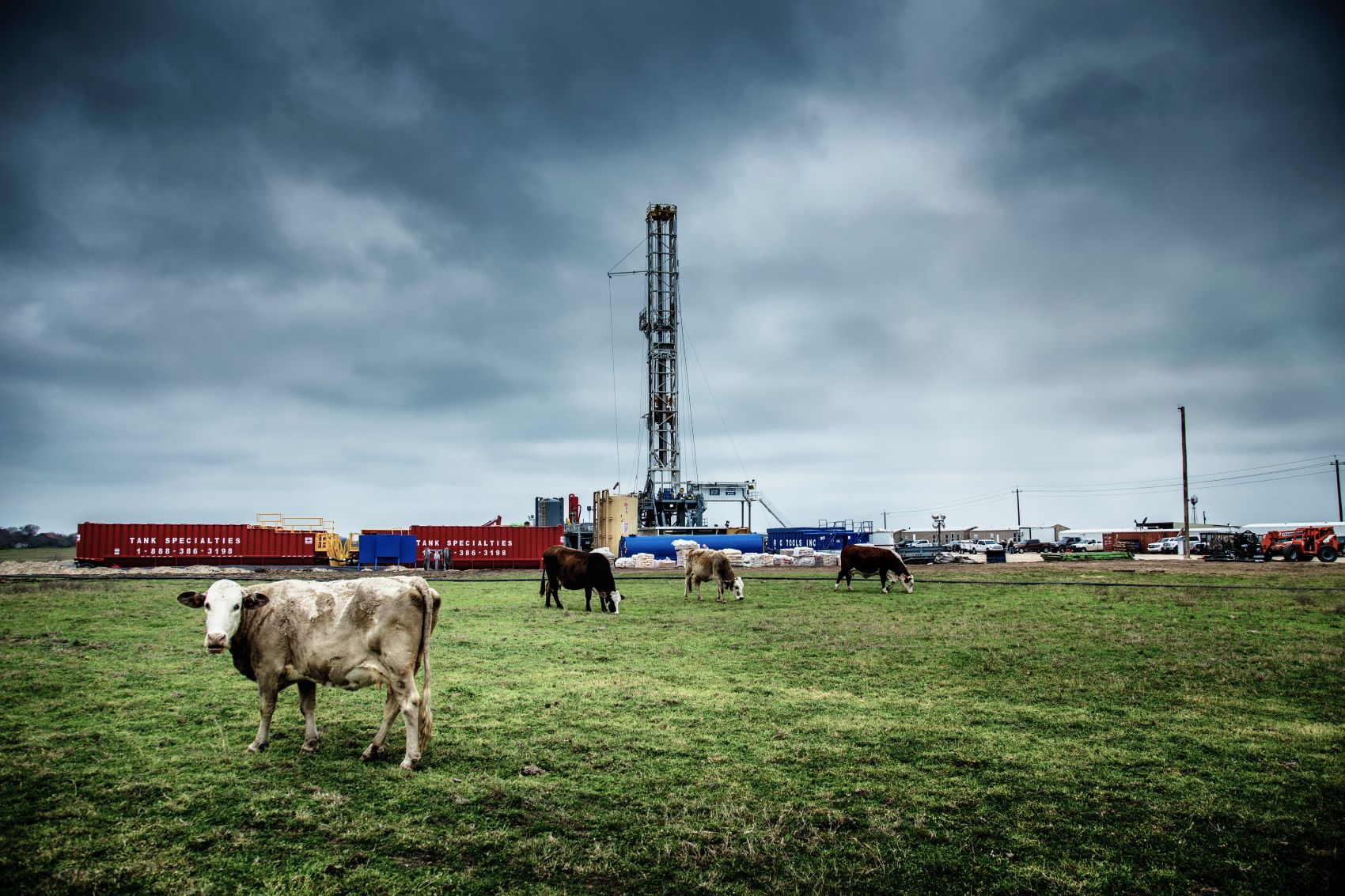Column: Alberta`s war room is an attack on democracy
Canada is respected globally for the freedoms we who live here enjoy. It’s not perfect, but it’s a geographically and culturally diverse land with spectacular environments and friendly people.
I’ve always appreciated having the freedom to speak my mind. A diversity of ideas and perspectives, based on facts and evidence, contributes to a healthy, prosperous country. Society is better when people are informed and educated. Governments have fostered and should continue to foster education and healthy discourse, and should be open to criticism.
That’s not what’s happening in Alberta. The government’s scandal-plagued $2.5-million public inquiry and $30-million-a-year “war room,” called the Canadian Energy Centre, are founded on a conspiracy theory and are designed to silence or stigmatize those who raise legitimate questions about an expanding fossil fuel industry during a climate crisis. The war room is also set up as a corporation so it’s not subject to freedom of information requests — not a transparent use of tax dollars.
The conspiracy theory is that U.S. philanthropic foundations are funding Canadian environmental organizations to “unjustly” criticize the oilsands industry, in order to give U.S. counterparts a competitive advantage. Strange, because the same foundations also support critics of the U.S. fossil fuel industry.
War room managing director Tom Olsen calls it “a direct response to the domestic and foreign-funded campaigns against Canada’s oil and gas industry that have divided Canadians and devastated the Alberta economy as energy production in the United States and elsewhere has ramped up.”
Alberta’s premier has even singled out the David Suzuki Foundation, an organization I co-founded and where I’m now a volunteer. I’m extremely proud of its work, which from the beginning has been evidence-based, using the best available scientific research and traditional Indigenous knowledge. Although most of the foundation’s money comes from Canadians, it accepts donations from any funder that meets its ethical gift acceptance policy. Like many environmental organizations, it’s transparent about financial resources.
Others, such as Sandy Garossino in the National Observer, have done more thorough analyses than we could of the Alberta government’s disingenuous, secretive strategy — and the conspiracy theory on which it’s based — to attack and silence those who care about the future of humanity. That our efforts to research and communicate the overwhelming science of climate disruption and its solutions could be considered a plot to help U.S. oil companies is nonsense.
During a time of cutbacks, why are governments spending citizens’ money to defend the most profitable enterprise in human history? Yes, the fossil fuel industry has been an important contributor to Alberta and Canada’s economies, but to avoid climate catastrophe, we need to alter course, quickly. We should have started long ago, when a “gradual” transition was possible. Governments should support workers who are losing their jobs through automation, economic forces (such as the 2014 oil price collapse) and a necessary response to global heating. That support should extend to people in many sectors facing challenges in a changing world, including forestry.
Energy conservation and efficiency, renewable energy and zero-emissions technologies are all growing fields that need support and workers. Unlike fossil fuels, clean tech and clean energy industries are growing, employing many more people.
It’s not just environmental groups saying we need to wind down the fossil fuel industry and get to work on alternatives and ways to reduce waste.
It’s Moody’s, which downgraded Alberta’s credit rating because of the economic risks of over-relying on oil and gas in the face of accelerating climate change. It’s Sweden’s central bank, Riksbank, selling its Alberta bonds because of the province’s climate footprint. It’s the world’s largest asset manager, BlackRock, moving away from coal and fossil fuels and putting its investment strategy through a climate lens. It’s pretty much every scientist who studies the various aspects of climate. It’s religious and business leaders. It’s medical professionals. It’s young people marching in the streets for their future.
Those who fail to accept the climate crisis and the opportunities resolving it will create should get out of the way of those who know we humans are an ingenious species, capable of progress and innovation. The longer we delay, the more difficult it will be for those displaced from the industry, and for those who must face the increasingly severe consequences of our fossil fuel addiction.
David Suzuki is a scientist, broadcaster, author and co-founder of the David Suzuki Foundation. Written with contributions from David Suzuki Foundation Senior Editor and Writer Ian Hanington.
Learn more at davidsuzuki.org.


























